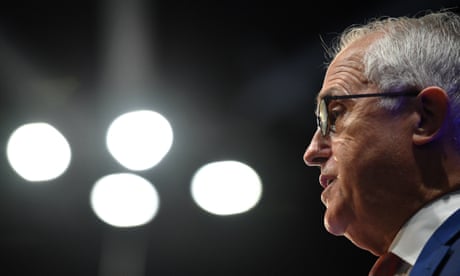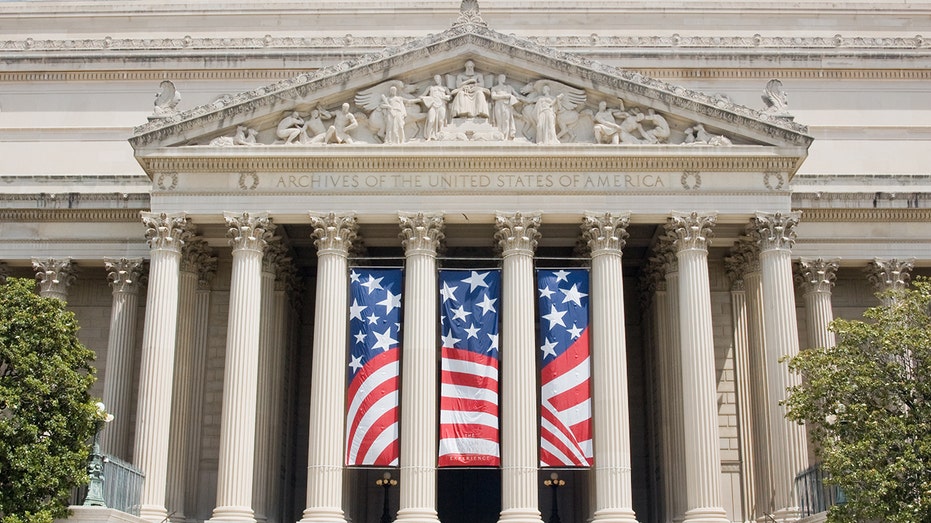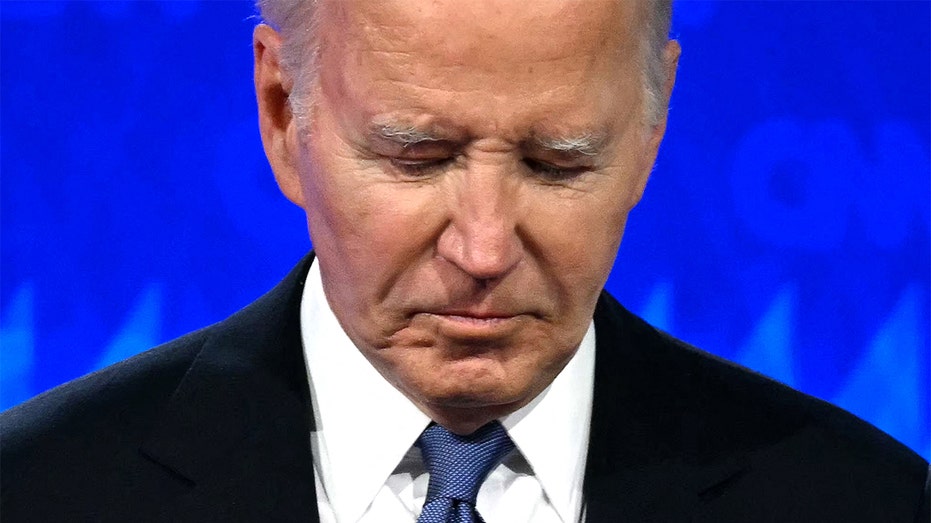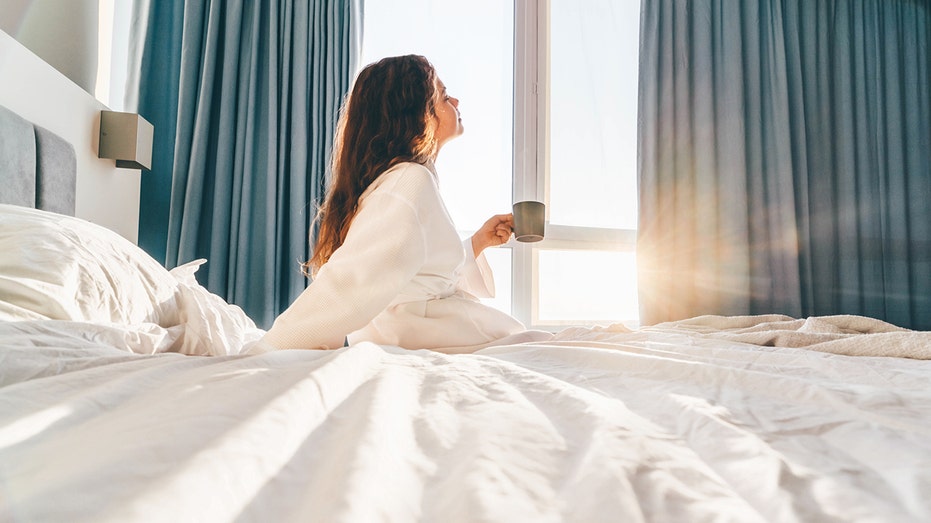- by foxnews
- 19 Jan 2025
I will be voting yes to establish an Indigenous voice to parliament | Malcolm Turnbull
I will be voting yes to establish an Indigenous voice to parliament | Malcolm Turnbull
- by theguardian
- 15 Aug 2022
- in news

If federal parliament proposes an amendment to the constitution to establish an Indigenous voice in the terms set out by Anthony Albanese at Garma, I will vote for it.
While I have some misgivings, I am satisfied that on balance as a nation we are better advised to approve the proposal than reject it.
In May 2017, at Uluru an assembly of Indigenous delegates from around Australia signed the Uluru Statement from the Heart. It was a powerful cry for a say, for agency, for respect.
However, we did establish, with the support of the opposition, a joint select committee co-chaired by Julian Leeser and Patrick Dodson to examine this very big idea, and report back to parliament. The committee subsequently recommended a process of voice co-design between government and Aboriginal and Torres Strait Islander peoples to determine the detail.
The co-design process by professors Marcia Langton and Tom Calma resulted in extensive consultation and consideration of how a voice should be designed and work.
In addition, there now appears to be sufficient public support for the voice to enable it to be approved in a constitutional referendum. I say that with some trepidation. The debate has not yet begun and the vast majority of people have no idea what it involves.
Polling into an information vacuum is not reliable. But certainly it is winnable. In 2017 we thought it had no chance at all.
The technical answer to this is that the proposed constitutional amendment only empowers the voice to give advice and make representations.
This could include amendments to the Native Title Act, for example. However, where there is legislation which has a significant or distinctive impact on Indigenous Australians, parliament would be expected to consult with the voice.
Langton and Calma recommend the voice should not be limited on the matters upon which it can offer advice.
The government would be obliged to explain with respect to every bill whether it was necessary to consult the voice and if so, whether the consultation took place and what form it took.
Any advice received would have to be tabled. The voice would have the right, on its own initiative, to provide advice on any matter which would have to be tabled in parliament.
In late July, ABC host David Speers asked the prime minister about the alcohol bans that are, controversially, coming to an end in the Northern Territory. If the voice were to say those bans should continue, the PM was asked on Insiders, would that happen?
And in that response, the prime minister answered the question. The voice will not be a third chamber of parliament in the way the Senate is the second chamber, but on matters relating to Indigenous Australians, it will be politically very challenging, although legally possible, to pass a law that the voice opposes especially when its members are united.
Its constitutional status will mean it cannot be abolished, as Atsic was, and it cannot be ignored or its advice put on a shelf to gather dust. The voice will be heard and it will be heeded.
Its influence will be founded in its constitutional status and it will be enhanced, or diminished, by the extent of its perceived political legitimacy which will, in turn, depend on how genuinely representative it is seen to be and especially by Indigenous Australians.
Langton and Calma do not propose that the voice will be directly elected in the way our parliaments are with voters drawn from an Indigenous-only electoral roll.
They propose that the national voice will be chosen by the local and regional voices which will be established in a variety of ways that suit local communities and work with established representative bodies, including state and territory land councils and empowered communities established under the previous government
These local and regional voices must be designed by Indigenous people to suit their needs. As Dr Chris Sarra told me when I became prime minister: we have to stop doing things to Indigenous Australians and start doing things with them, and if this voice is to be an Indigenous voice it must be designed by Indigenous Australians.
Why, it will be asked, are all Indigenous Australians able to vote in parliamentary elections but are not able to vote for the national voice?
You could well imagine Indigenous members of parliament who disagree with advice from the voice pointing out that more Indigenous Australians had voted for them to be MPs or senators than had participated in the selection of the members of the national voice.
All of which underlines why, in my view, it would have been better to establish the voice both at the local and national levels first, get it up and running and then when everyone knows what it is and how it works, consider whether to seek to recognise it in the constitution.
Moreover, any legislation establishing the voice design will need the approval of the Senate and the support of either the Coalition on the one hand, or the Greens and Senator David Pocock on the other.
These parameters will need to have very broad support from Indigenous Australians.
While I will vote yes in a referendum on the voice I will do so with some misgivings. I am a republican and a democrat. I believe that all of the offices and institutions in our constitutional democracy should be open to any Australian citizen. That is why I believe our head of state should be an Australian citizen, not the monarch of another country.
I rejoice that there are now 11 Indigenous voices in parliament (MPs and senators who identify as Indigenous), a larger percentage of the parliament than Indigenous Australians are of the nation as a whole.
The voice, if it is established, is inconsistent with those republican, egalitarian principles. But after centuries of dispossession and disempowerment, we should accept this offer of reconciliation.
It could well be a wild ride. But I am confident that our parliamentary democracy can handle it. It may be that the first design of the voice does not work well enough, and its enabling legislation will have to be amended. After all, if it is not seen as legitimately speaking for Indigenous Australians then it will not have the influence it seeks.
Unlike many of the commentators, and politicians, talking about this issue I do, regrettably, keenly understand the dynamics of a referendum. And I suppose I am, as a result, more cautious than most.
In my view, if there is concerted opposition to this referendum it will likely not succeed. There are powerful and legitimate arguments against it. This is a much more substantial change to our constitution than was envisaged in the 1999 republic referendum.
The supporters of the voice should be very careful not to smear those who do not support it as being racist or bigoted. If it is rejected it will not be because Australia is racist, or does not respect Indigenous Australians.
In my view, there is enormous goodwill behind reconciliation and constitutional recognition in principle. A rejection of this proposal would be, once again, because a constitutionally conservative nation was not sufficiently persuaded of the merits of the change.
And to that end, it will be important for the government to set out the parameters of the voice design upon which it will insist and without which no voice will be established. These parameters will need to have overwhelming buy-in from Indigenous communities.
It is vitally important that before the referendum is held everybody, as far as possible, is expressly on the same page about what the voice will look like and what it will do.
The lesson from the 1999 referendums is not that a proposal is undone by detail. We lost in 1999 because the republican camp was divided, because those favouring direct election of the president allowed their conception of the perfect to be the enemy of the good.
So we have in the voice a moment in time when Australia as a nation can agree that the constitution which excluded Indigenous Australians can not just recognise but empower them in a way that cannot be abolished by any parliament or government.
We should find it in our hearts to vote yes.
- by foxnews
- descember 09, 2016
'Hurkle-durkling' is the viral travel trend that involves lying in bed all day
A viral travel trend called "hurkle-durkling" has more travelers embracing lounging in bed all day. Now, hotels nationwide are introducing amenities to cater to the trend.
read more


